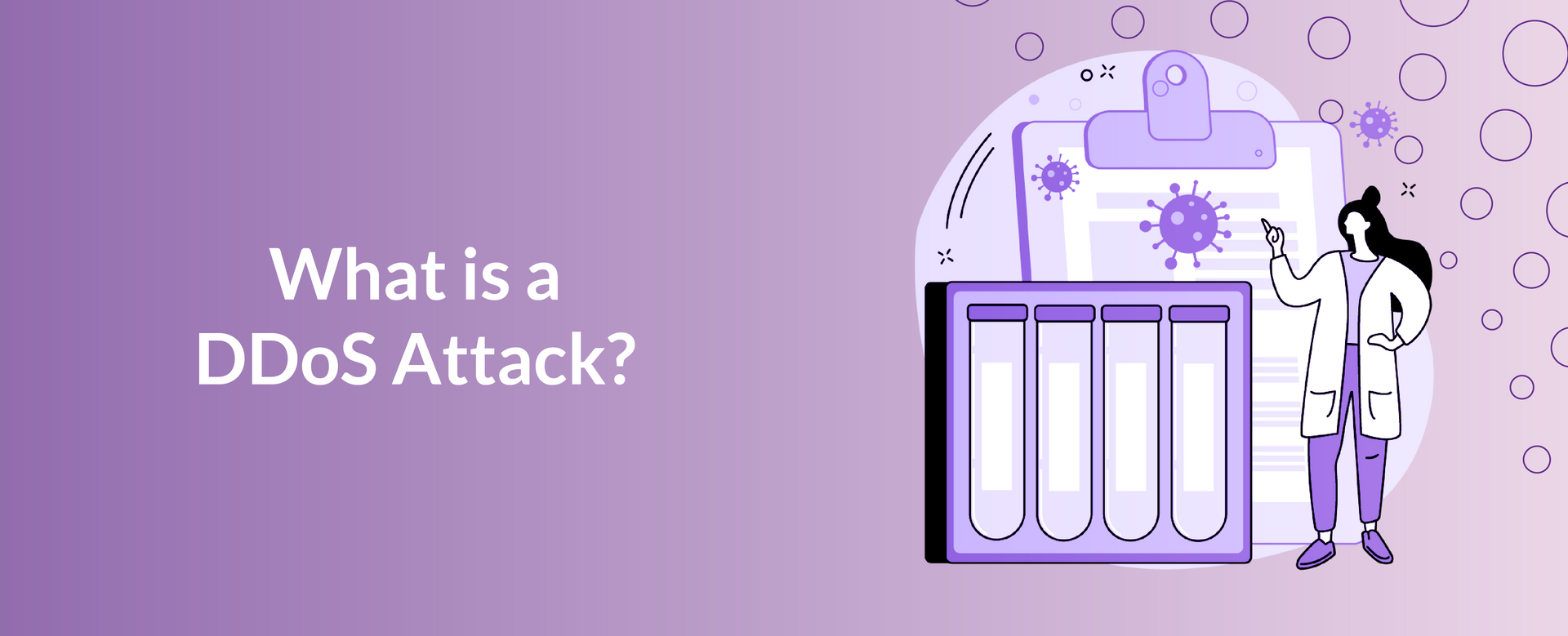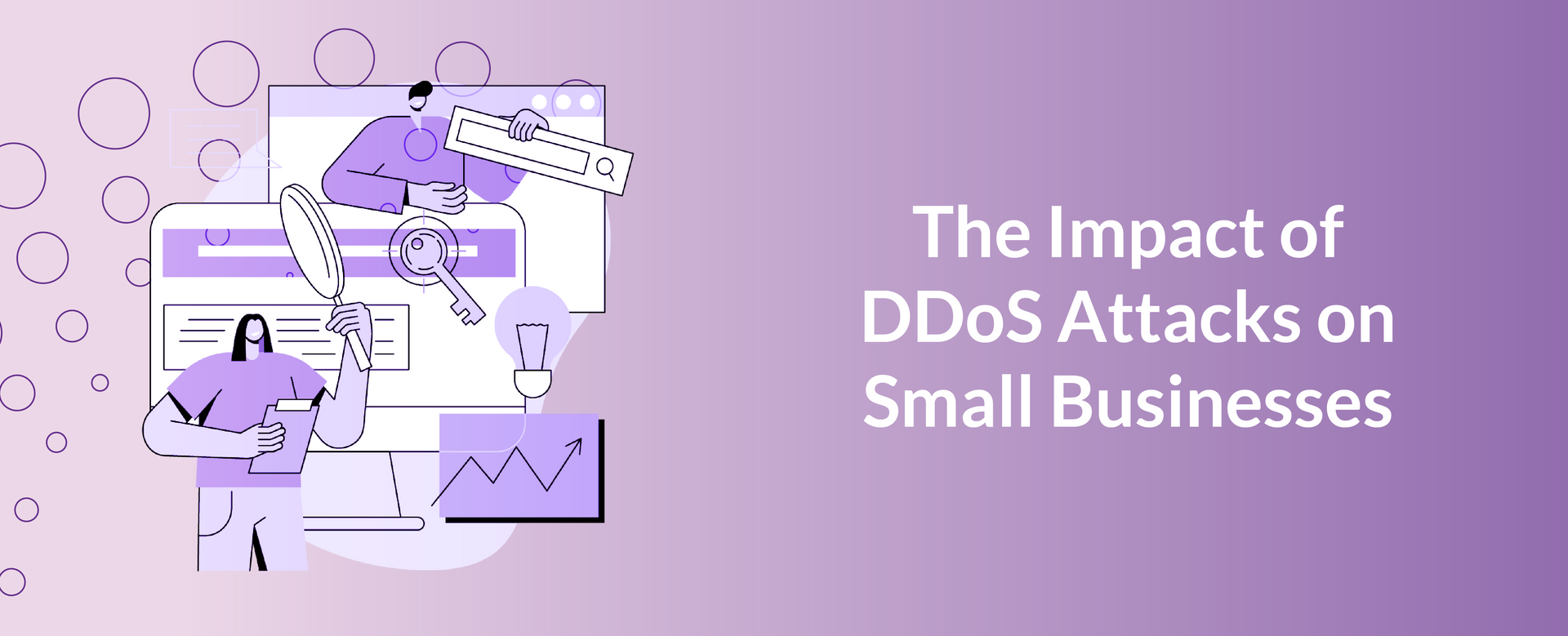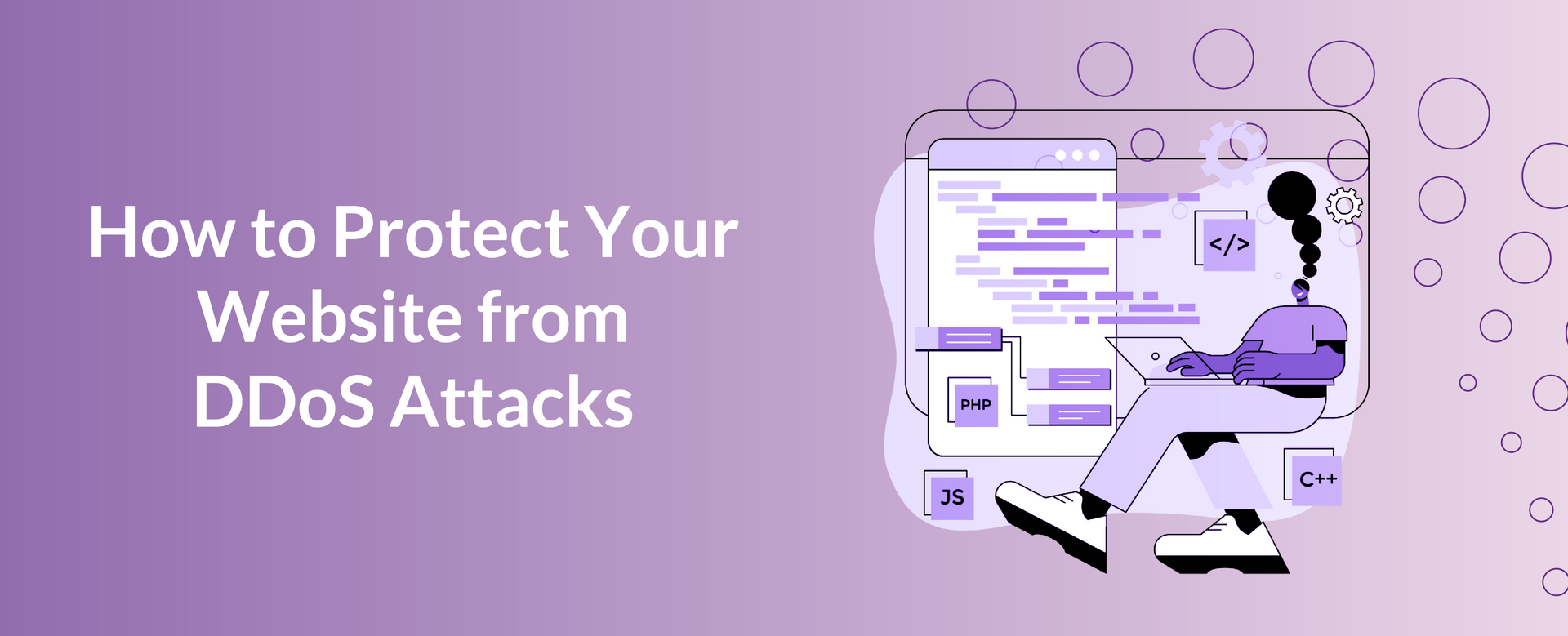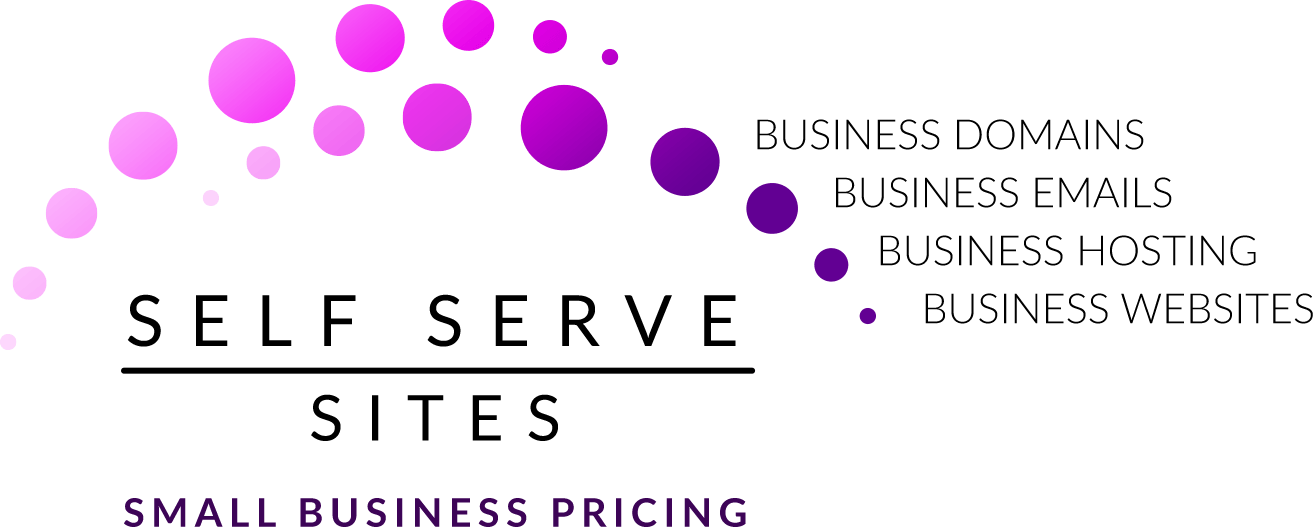How to Protect Your Small Business Website Against Distributed Denial of Service (DDoS) Attacks
In today's digital landscape, maintaining a robust online presence is critical for Small Businesses. However, with this increased online activity comes the threat of Distributed Denial of Service (DDoS) attacks.
These attacks can cripple your Website, leading to significant downtime, lost revenue, and a damaged reputation. Understanding how to protect your Website against DDoS attacks is essential for ensuring your business remains operational and secure.

What is a DDoS Attack?
A Distributed Denial of Service (DDoS) attack is a malicious attempt to disrupt the normal traffic of a targeted server, service, or network by overwhelming it with a flood of Internet traffic.
These attacks are typically launched from multiple compromised computer systems, which makes it difficult to stop the attack by blocking a single IP address.
The goal is to make the Website or online service unavailable to its intended users.

The Impact of DDoS Attacks on Small Businesses
Downtime: Extended periods of downtime can lead to lost sales, especially for e-commerce Websites.
Customer Trust:
Frequent outages
can erode Customer trust and drive them to competitors.
Reputation Damage:
A reputation for unreliability can
harm your brand's image.
Financial Loss:
The cost of mitigating a DDoS attack and
potential lost revenue can be substantial.

How to Protect Your Website from DDoS Attacks
Choose a Reliable Hosting Provider
- DDoS Protection Services: Opt for a hosting provider that offers DDoS protection services as part of their package. These services often include advanced traffic monitoring and filtering to identify and mitigate attacks.
- Scalable Resources: Ensure your hosting provider can scale resources quickly in response to an attack, helping to absorb and mitigate the traffic surge.
Use a Content Delivery Network (CDN)
- Distributed Servers: A CDN distributes your Website’s content across multiple servers worldwide. This helps in balancing the load and providing redundancy, making it more difficult for a DDoS attack to overwhelm your Website.
- Traffic Filtering: Many CDNs have built-in DDoS protection features that can filter out malicious traffic before it reaches your server.
Implement a Web Application Firewall (WAF)
- Traffic Filtering: A WAF can filter and monitor HTTP requests to your Website, blocking malicious traffic and preventing it from reaching your server.
- Rate Limiting: WAFs can also apply rate limiting to restrict the number of requests from a single IP address, reducing the risk of a DDoS attack.
Regularly Monitor Your Traffic
- Anomaly Detection: Use traffic monitoring tools to identify unusual spikes in traffic that could indicate a potential DDoS attack.
- Real-time Alerts: Set up real-time alerts to notify you of any sudden changes in traffic patterns so you can respond quickly.
Have a Response Plan
- Preparedness: Develop a comprehensive response plan outlining steps to take in the event of a DDoS attack. This should include contact information for your hosting provider and CDN, as well as internal and external communication strategies.
- Incident Response Team: Designate a team responsible for managing and mitigating the attack, ensuring they are trained and equipped to handle such incidents.
Utilise DDoS Mitigation Services
- Specialised Providers: Consider using specialised DDoS mitigation services that offer advanced protection techniques, including traffic scrubbing and behavioural analytics.
- Layered Defence: Implement a layered defence strategy that combines various security measures to provide comprehensive protection against DDoS attacks.
Secure Your Network Infrastructure
- Firewall Configurations: Ensure your network firewalls are properly configured to block malicious traffic.
- Redundant Network Paths: Set up redundant network paths to provide alternative routes for legitimate traffic in case of an attack.
Protecting your Small Business Website against DDoS attacks requires a proactive and multi-layered approach.
By choosing a reliable hosting provider, utilising CDNs and WAFs, monitoring traffic, having a response plan, and investing in DDoS mitigation services, you can significantly reduce the risk of an attack and ensure your Website remains operational.
In today’s competitive online environment, ensuring the security and reliability of your Website is not just an option—it’s a necessity.










